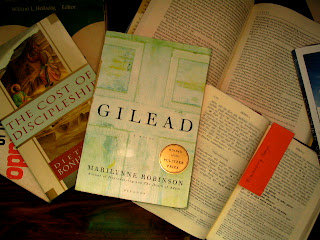Living Water Community Church - Sunday Morning Worship
1 Cor 1.18-31 - “The Wisdom of the Cross”
In today’s passage, 1 Cor 1.18-31, Paul tells the Corinthian saints that God saves us
through the foolishness and the weakness of a Messiah who is executed on a cross in order that
we, the ones who are being saved, will hear the emptiness of all the claims of power and
privilege that distract us from the hard work of love. Paul says, “God chose the lowly things of
the world and the despised things--and the things that are not--to nullify the things that are, so
that no one may boast before him.” That’s the theme of today’s passage.
In sixth grade I was in the Montana Middle School Science Fair. I was really proud of my
project. I seriously expected to get first place. But here’s the dirty little secret--my dad had
actually done most the work on the project. He came up with the idea; he led me step by step
through the experiments; he showed me how to organize the data. I put in some time on the
project, but, in reality, if my presentation board won the gold ribbon, my dad would be the one
who should put it up on his wall, not me. As things turned out, my science project had plenty of
holes in it (I was never too good at following my dad’s instructions step-by-step), and the judges
rated me quite low.
Now, I want you to picture my awkward sixth grade self pompously bragging about my
science fair project to all my science fair friends. It’s pretty ridiculous, right? First, I was
bragging about work that I hadn’t done, work that my father, not I, had done. Second, my project
wasn’t even any good. I was bragging about a project that really wasn’t worth all that much.
Ridiculous.
Paul accuses the saints in Corinth of bragging like misguided sixth graders. Last week
Kristin told us about the division that plagued the saints in Corinth. No unity in their church.
Instead there were factions, each claiming for itself one of the early teachers to pass through their
community--Paul, Apollos, Peter, or some, those really “spiritual” ones, claimed to follow no one
but Jesus. In the passage that we’re studying this week, Paul confronts the empty, deceitful ways
of thinking that motivate such factions, such divisions. He exposes them to the tragic and
glorious light of the Messiah executed on a cross, and he directs the saints to stop seeking
human honors and to seek the God who saves and redeems them. Paul’s words speak to us today
also. He calls us to change our hearts and to change our actions. So open your Bible, if you
have one with you, to 1 Cor 1.18, or follow along on the text projected on the wall.







